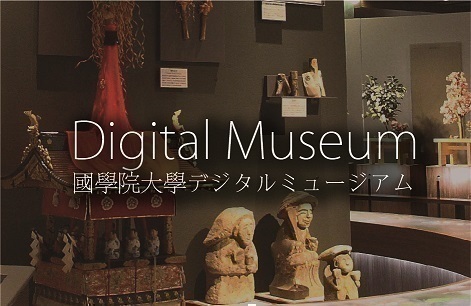- トップ
- Encyclopedia of Shinto
- Nakatominoharae
Encyclopedia of Shinto
| Main Menu: | |
| Links: |
詳細表示 (Complete Article)
| カテゴリー1: | 9. Texts and Sources |
|---|---|
| カテゴリー2: | Shinto Classics and Literature |
| Title | Nakatominoharae |
| Text | This refers to the ritual invocations of the ōharae (great purification ritual) which was recited on the last day of the sixth and twelfth months by the Nakatomi clan and, thus, came to be abbreviated as Nakatomi saimon (Nakatomi ritual incantations), Nakatomi harae kotoba (Nakatomi ritual words of purification), or more simply as Nakatomi no harae. These words of the great purification were recited to those assembled for the ōharae, but the Nakatomi saimon, as it they are preserved in Chōya gunsai, show that the incantations came to be understood as something offered up before the kami. In the medieval period, with the amalgamation of Shintō with Onmyōdō (Yin-Yang divination) and esoteric Buddhist teachings, it was believed that through the Nakatomi ritual incantations one could obtain merits (kudoku) similar in effect to those of spells (jyumon) or dharani and, consequently, these words came to be used extensively in instances of magico-religious invocations (kitō). Also, based on the belief that the more often these words were recited the more merit one could accrue, this ritual came to consist of one hundred, one thousand, or even ten thousand recitations. With these developments an effort was made to organize the most essential aspects of the Nakatomi harae which resulted in the creation of the Saiyō Nakatomi no harae (the Essentials of the Great Purification Rituals of the Nakatomi) and the Saijō Nakatomi no harae (The Unsurpassed [Portions] of the Great Purification Rituals of the Nakatomi). From the medieval ages on, the Nakatomi no harae came to be venerated by Buddhist-Shintō and Confucian-Shintō scholars and many of their commentaries have survived. Notably, for example, there are the Buddhist-Shintō Nakatomi no harae kunge, and the Confucian-Shintō Nakatomi no harae fūsuisō . — Shimazu Norifumi |




